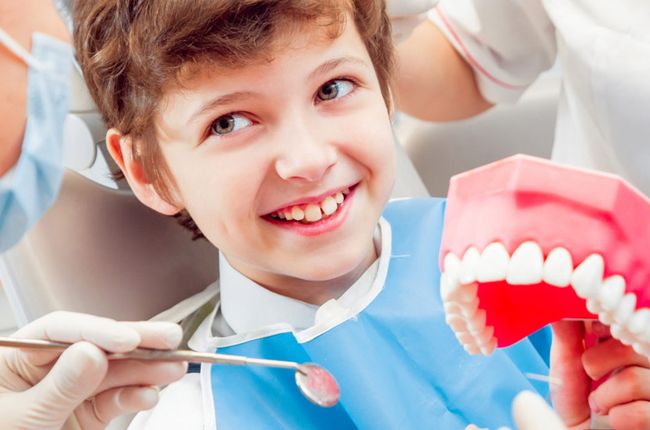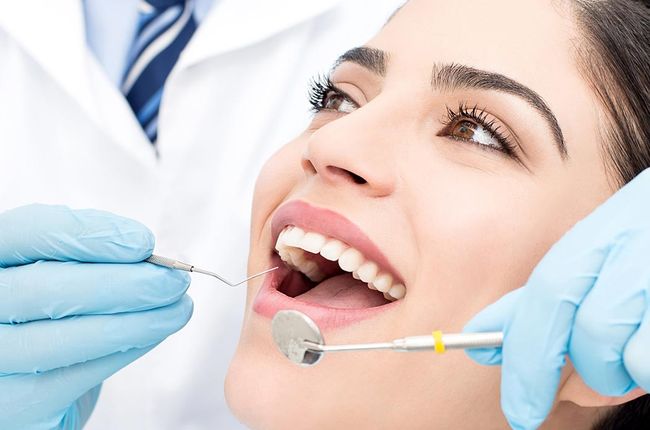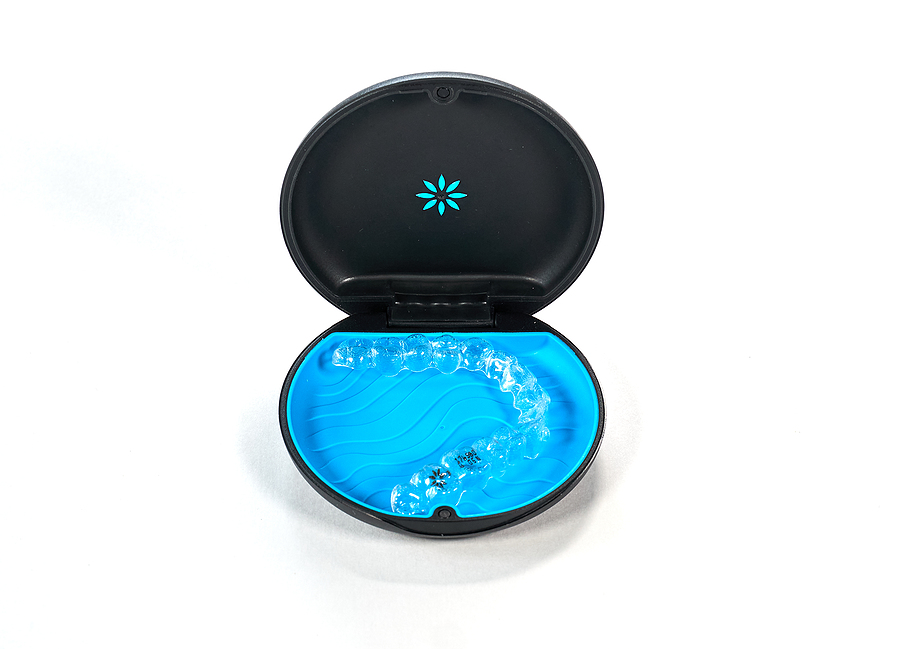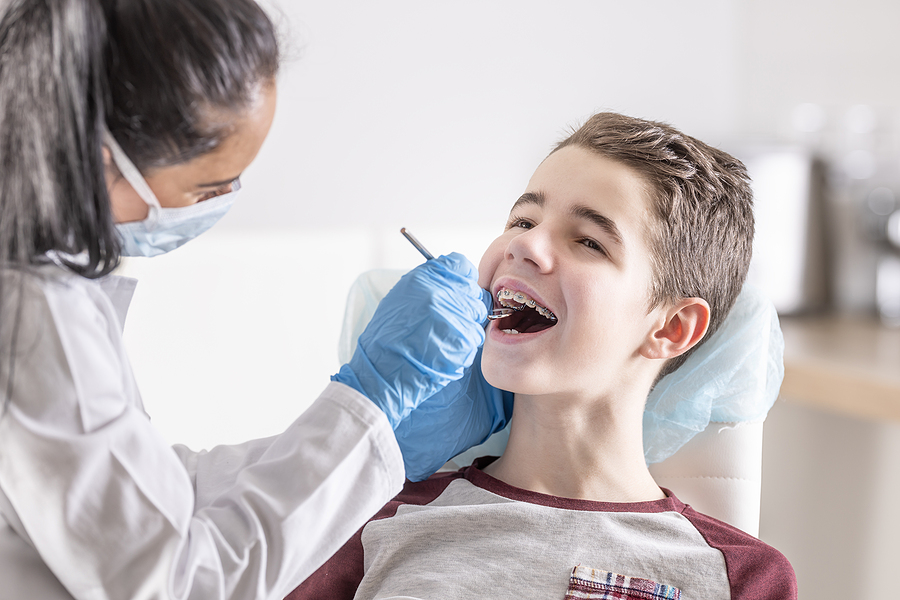![This is a thumbnail image of blog What Are the Causes of Gum Disease? This is a thumbnail image of blog What Are the Causes of Gum Disease?]()
What Are the Causes of Gum Disease?
Jul 21, 2023![This is a thumbnail image of blog Best Practices For A Healthy Smile This is a thumbnail image of blog Best Practices For A Healthy Smile]()
Best Practices For A Healthy Smile
Nov 29, 2022![This is a thumbnail image of blog A Comprehensive Guide to Invisalign in Redmond, OR: Straightening Your Smile with Confidence This is a thumbnail image of blog A Comprehensive Guide to Invisalign in Redmond, OR: Straightening Your Smile with Confidence]()
A Comprehensive Guide to Invisalign in Redmond, OR: Straightening Your Smile with Confidence
Oct 16, 2024![tooth extraction in Redmond, OR tooth extraction in Redmond, OR]()
Understanding the Need for Tooth Extraction: 5 Common Reasons
Mar 19, 2024![This is a thumbnail image of blog Your Entire Body Can Feel Better If You Get Your Gum Disease Treated This is a thumbnail image of blog Your Entire Body Can Feel Better If You Get Your Gum Disease Treated]()
Your Entire Body Can Feel Better If You Get Your Gum Disease Treated
Jun 20, 2019

Tips For Helping Your Dental Veneers Last
The average lifespan of a veneer is 10 years. Poor care of a veneer can cause a veneer to chip, crack, or come loose sooner. Conversely, patients who protect their veneers and practice good oral care can have veneers last up to 20 years. Fortunately, good oral care for a veneer is similar to good oral care for teeth, and diligent patients will require few changes to their oral hygiene habits.
The Dos And Do-Nots Of Veneer Care
Our patients with veneers should refrain from chewing hard foods and using their mouths to open inedible objects like capped bottles. Tobacco products will stain veneers, so cigarettes, e-cigs, and chewing tobacco should be avoided as well. Dark-colored foods such as coffee and blueberries can also discolor and damage veneers, so our patients with veneers should consider substitutes to staining foods and drinks. Good oral hygiene is vital, so patients should brush twice a day for two minutes and floss once a day. Patients with veneers are urged to rinse with non-alcoholic mouthwash to take care of harmful bacteria that can form on the top of a veneer.
Veneer-wearing patients that play sports or have bruxism should wear mouthguards to prevent grinding damage and injury to the veneers. Abrasive toothpastes and toothbrushes with hard bristles will damage the veneers, so patients are urged to use soft-bristled toothbrushes and milder toothpaste. Extremely hot and extremely cold foods can interfere with the cement bonding holding the veneer in place and cause a veneer to come loose, so large temperature variations should be avoided when possible. Finally, biannual checkups are as important for veneers as they are for natural teeth, so our team urges our patients to continue attending dental exams and cleanings.
If you have a question about veneers or how to maintain them, contact our office for a consultation. We are here to help!
Location
774 SW Rimrock Way, Redmond, OR 97756
Phone: (541) 923-7633
Office Hours
MON8:00 am - 5:00 pm
TUE - THU7:00 am - 5:00 pm
FRI - SUNClosed




















comments